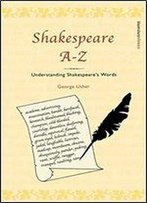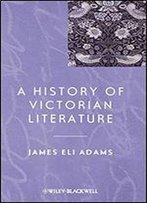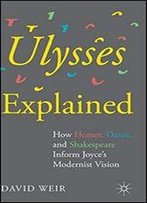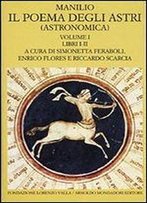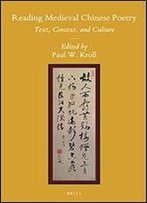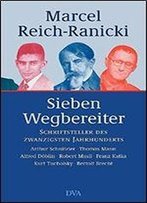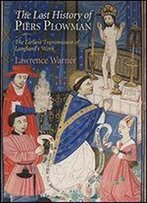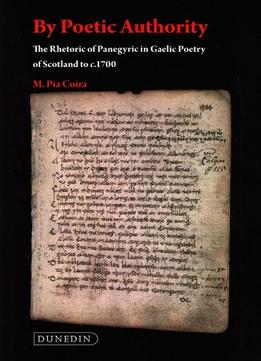
By Poetic Authority: The Rhetoric Of Panegyric In Gaelic Poetry Of Scotland To C.1700
by M. Pia Coira /
2012 / English / PDF
2.8 MB Download
By Poetic Authority presents a comprehensive survey of medieval and early modern Scottish Gaelic poetry, examining the particular form of poetic diction in the extant corpus. Through a fixed set of literary conventions, the court poets of the period gave sanction to their patrons' leadership, an essential task which served to preserve the cohesion of society. These conventions, known as the panegyric code, were in a large measure borrowed by the more demotic vernacular poets and indeed permeate all Gaelic literary genres, including annals and chronicles. Originally established in the poetic schools of Ireland, the code adopted some distinct forms in Scotland, reflecting particular social and political developments. The book is the first detailed and systematic collection and classification of the rhetoric of leadership in Scottish Gaelic poetry, from the earliest times to the beginning of the 18th century. Because of its social and political function, however, this poetry also reveals much about the society in which it flourished, particularly in respect of issues to Gaelic identity and loyalties: as Gaels, as Scots, and as members of the early-modern kingdom of Britain. Some of the book's particularly helpful features are: a careful analysis of the 'panegyric code,' including its composition and employment * divergences from the established conventions received from the schools of Ireland * a discussion of the issues of sovereignty, loyalties, and identities, as reflected in the poetry * a novel systematic classification of Scottish kindreds (clans) according to their own genealogical claims. The book will prove to be an invaluable resource for those studying Celtic, Gaelic, and Scottish literature, and the history of the medieval and early modern periods. *** "As a whole, Coira's work wonderfully demonstrates how the very features of the verse that challenge the modern ear (conventionalized themes and versification) enabled the verse to fulfill its epideictic function: to connect a warrior's acts with the necessary actions (the history!) of a ruler fulfilling the requirements of leadership." – Scotia, Journal of Scottish Studies, Vol. XXXVI, 2014Ëœ
